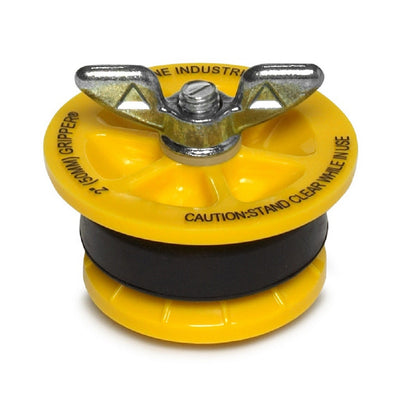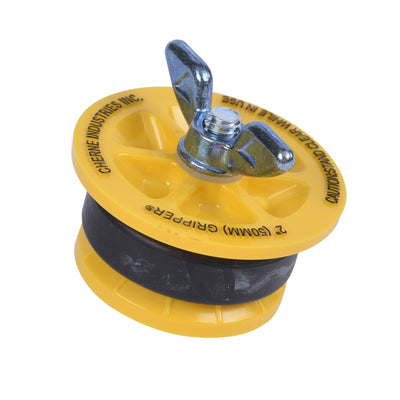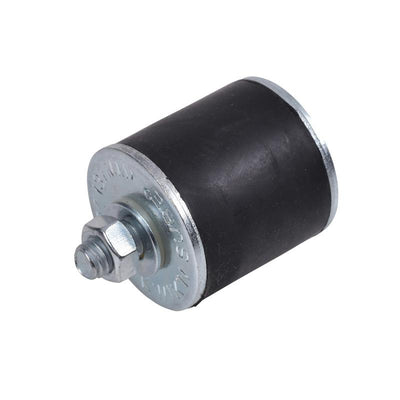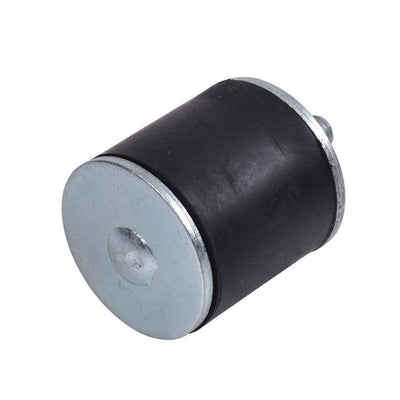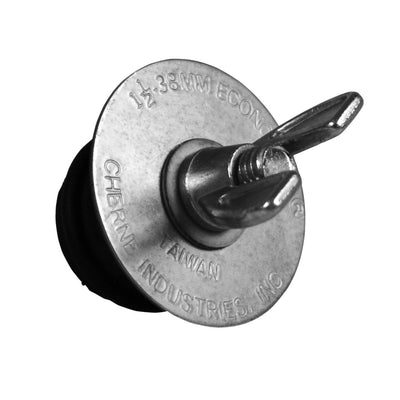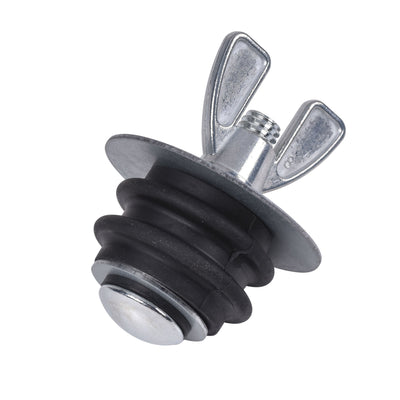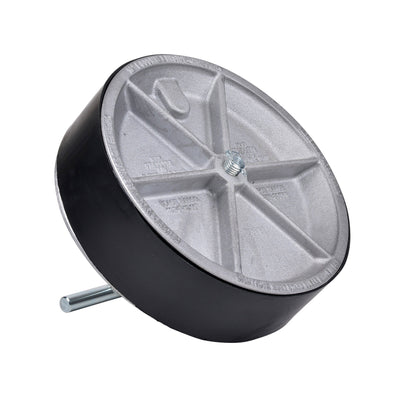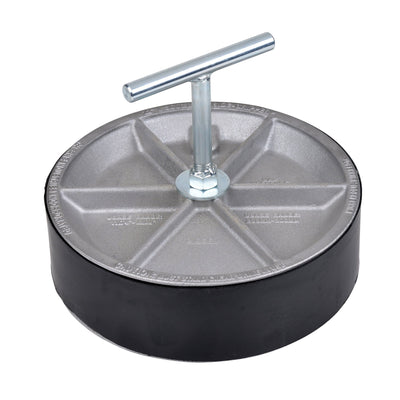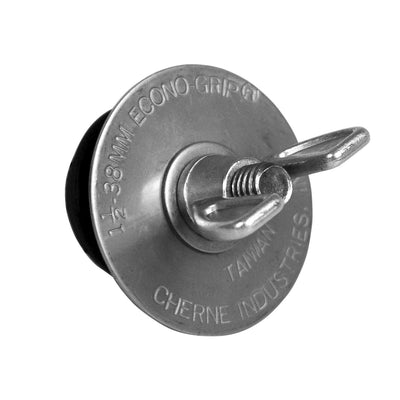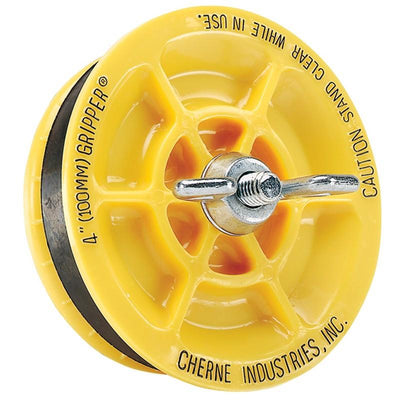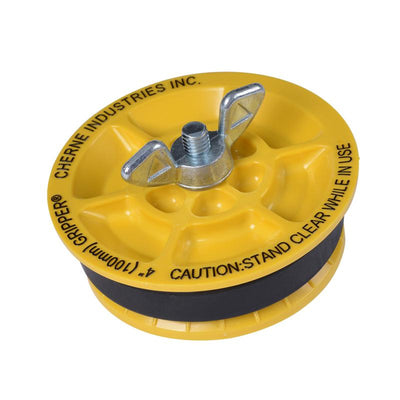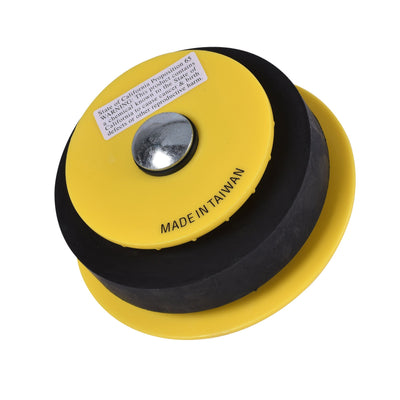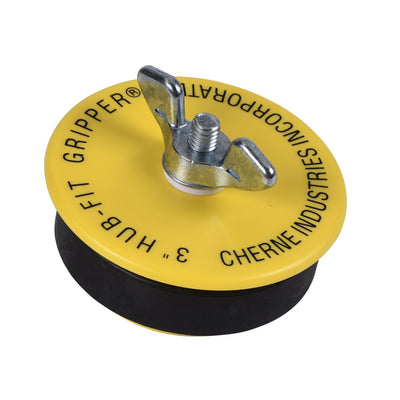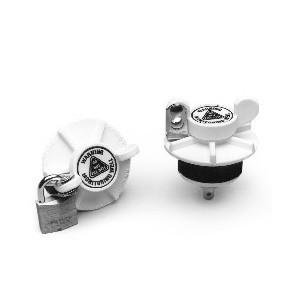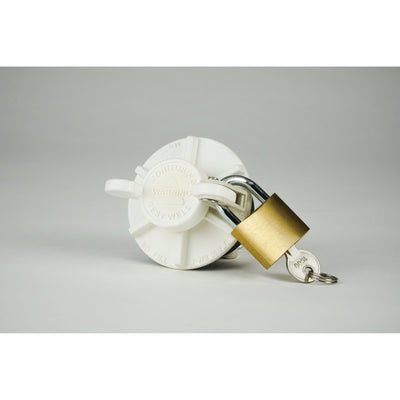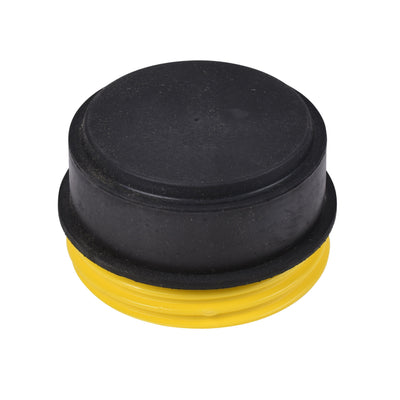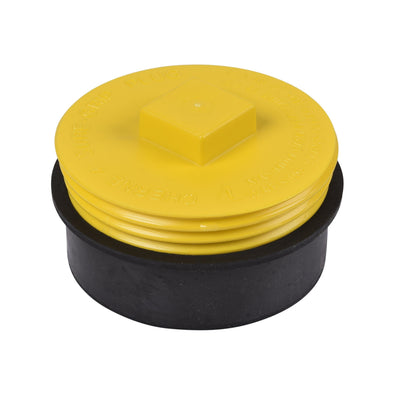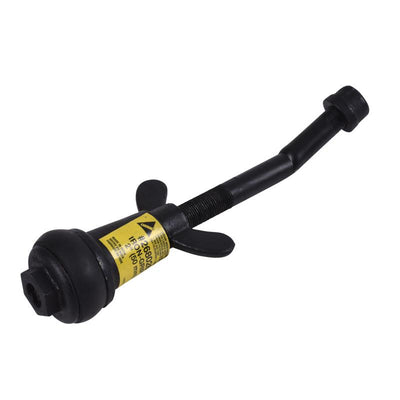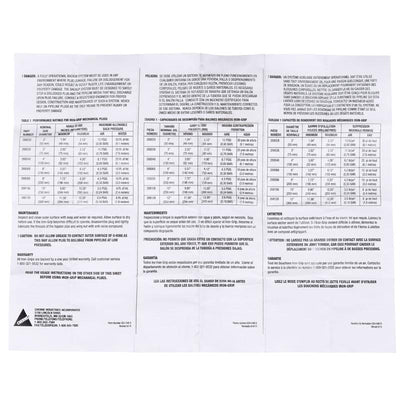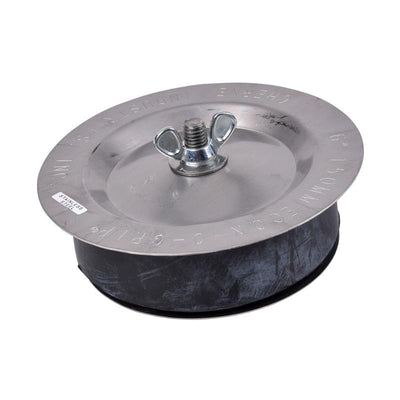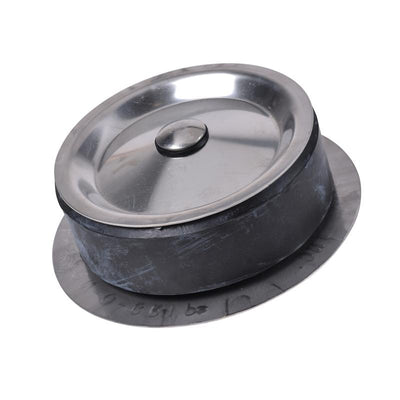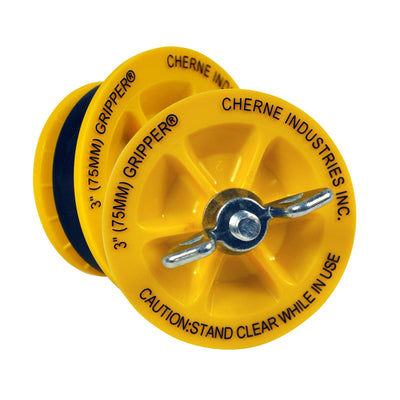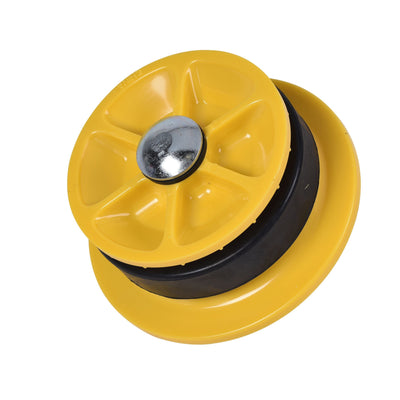You have no items in your shopping cart.
Cherne ® 2" End-of-Pipe Gripper ® Plug, 17 PSI - 40 ft.
Cherne ® 1-1/2" Kwik Sure ® Plug, PSI 88
Cherne 1-1/2" Econ-O-Grip low-pressure blocking Plug
Cherne ® 12" Aluminum T-Handle Gripper ® Plug (Non Bypass)
Cherne ® 2" Stainless Steel Econ-O-Grip ® Plug
Cherne ® 4" End-of-Pipe Gripper ® Plug, 17 PSI - 40 ft.
Cherne ® 3" Hub-Fit Gripper ® Plug
4" J-Plug Locking Monitoring Well Plug SCH 40
Cherne ® 4" Sure-Grip ® Water and Air testing Plug, 13 PSI
Cherne 2" Iron Grip Bypass Plug, 13 PSI, 3/8" Bypass
Cherne ® 6" Stainless Steel Econ-O-Grip ® Plug
Cherne ® 3" End-of-Pipe Gripper ® Plug, 17 PSI - 40 ft.
FAQ
What is the primary use of a Mechanical Test Plug?
Mechanical Test Plugs are used primarily to temporarily block off pipes for testing, maintenance, and repair purposes. They provide a secure seal to ensure that the testing process is effective and that there are no leaks in the system.
How do I determine the right size of the plug for my pipe?
It's crucial to measure the internal diameter of the pipe you're intending to seal. Once you have the exact measurement, select a Mechanical Test Plug that matches or is adjustable to fit that diameter for a secure fit.
Can these plugs be used for both horizontal and vertical applications?
Yes, Mechanical Test Plugs are designed to work in both horizontal and vertical applications. Ensure to follow the manufacturer's guidelines to achieve the best results regardless of orientation.
Is it safe to use Mechanical Test Plugs with high-pressure systems?
Many Mechanical Test Plugs are designed to withstand high pressures. However, always check the plug's maximum pressure rating and ensure it matches or exceeds the pressure of the system you're testing.
How long can I leave a Mechanical Test Plug in place?
While they're designed for temporary use, the duration a plug can remain in place varies by design and manufacturer. Always refer to the product's instructions or specifications for guidance on duration.
What materials are Mechanical Test Plugs made of?
Most Mechanical Test Plugs are made of durable materials like rubber, steel, or stainless steel. The choice of material often depends on the application and the type of fluid or gas the plug will come into contact with.
How do I ensure a tight seal when using the plug?
Always clean the pipe's interior surface before inserting the plug. Ensure the plug is the right size for the pipe and tighten it according to the manufacturer's instructions to achieve a secure seal.
Can I purchase Mechanical Test Plugs in bulk?
Yes, many retailers offer bulk purchasing options for Mechanical Test Plugs. When shopping online, check the product listing or contact customer service to inquire about bulk discounts or special pricing.
What is the return policy if the plug doesn't fit or meet my requirements?
Return policies vary by retailer. Our products come with a 30 day return policy, in unused and in the original box, and restocking fees apply.


